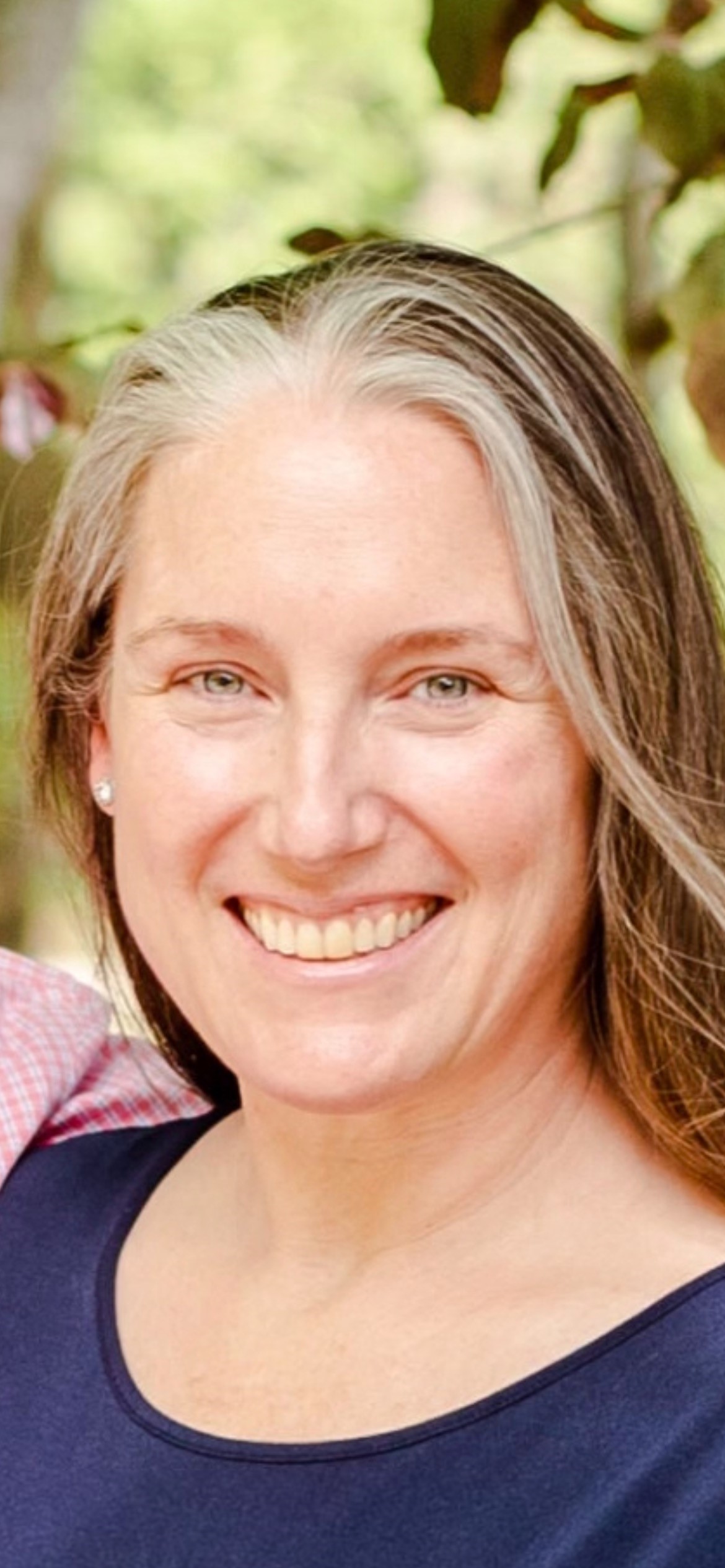Innovator Spotlight
Duke Health
+

Alida in collaboration with Duke Health

+

Alida in collaboration with Duke Health

Jennifer Maddocks PT, MMCi, CPXP
Director of Patient Experience
Duke Health Digital Strategy Office
As members of Duke Health’s Digital Strategy Office, Jennifer Maddocks and Kelly Gagnon have built an approach to patient research that's created “the continuum of patient voice.”

Kelly Gagnon
Management Engineer
Duke Health Digital Strategy Office
As key parts of the cross-functional Patient Experience team, they scale the patient voice to inform a wide array of initiatives across the healthcare system.
Duke Health has long been conducting on-site improvement opportunities with patients and families along with sending post-encounter satisfaction surveys. While these methods provide valuable insight, the evolving healthcare landscape required faster and more flexible tools to meet the needs of the health system and the community they serve.
Jennifer and Kelly set out to change the way Duke Health gathers insights. Top of the list was delivering results that accurately reflect the diversity of the population Duke Health serves. They also wanted to meet Duke’s goal of being more nimble with improvement work and ensuring they were reflecting this work back to community members. Specifically, by sharing back results and ensuring participants feel their input is valued and impacting change.
Jennifer and Kelly launched Duke Health Listens (DHL), a private digital community now over 3,000 strong. Following a Design Thinking methodology, Duke now tests ideas, iterates, and tests again, with the community providing input every step of the way. Recent projects helped to make Duke’s online patient portal and appointment scheduling more user friendly and efficient, increased confidence in the cleanliness of patient rooms, assisted in research recruitment, improved educational tools, and more.
“Over the past year we’ve seen patients responding favorable to our changes and utilizing these features more. We know part of the success can be attributed to the DHL community,” says Kelly, who is charged with reporting results to stakeholders. The speed and efficiency that Jennifer and Kelly are able to provide insights is key to not only effecting organizational change but proving to patients that their voices are heard and having an impact.

— Jennifer Maddocks PT, MMCi, CPXP, Director of Patient Experience, Duke Health Digital Strategy Office
Start using the voices of your customers and employees to drive better experiences across your organization.
Get a demo